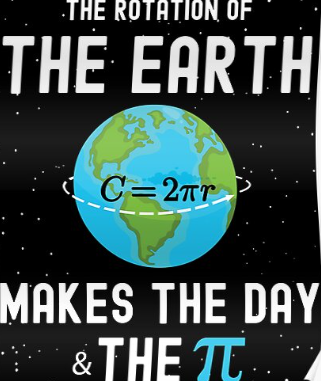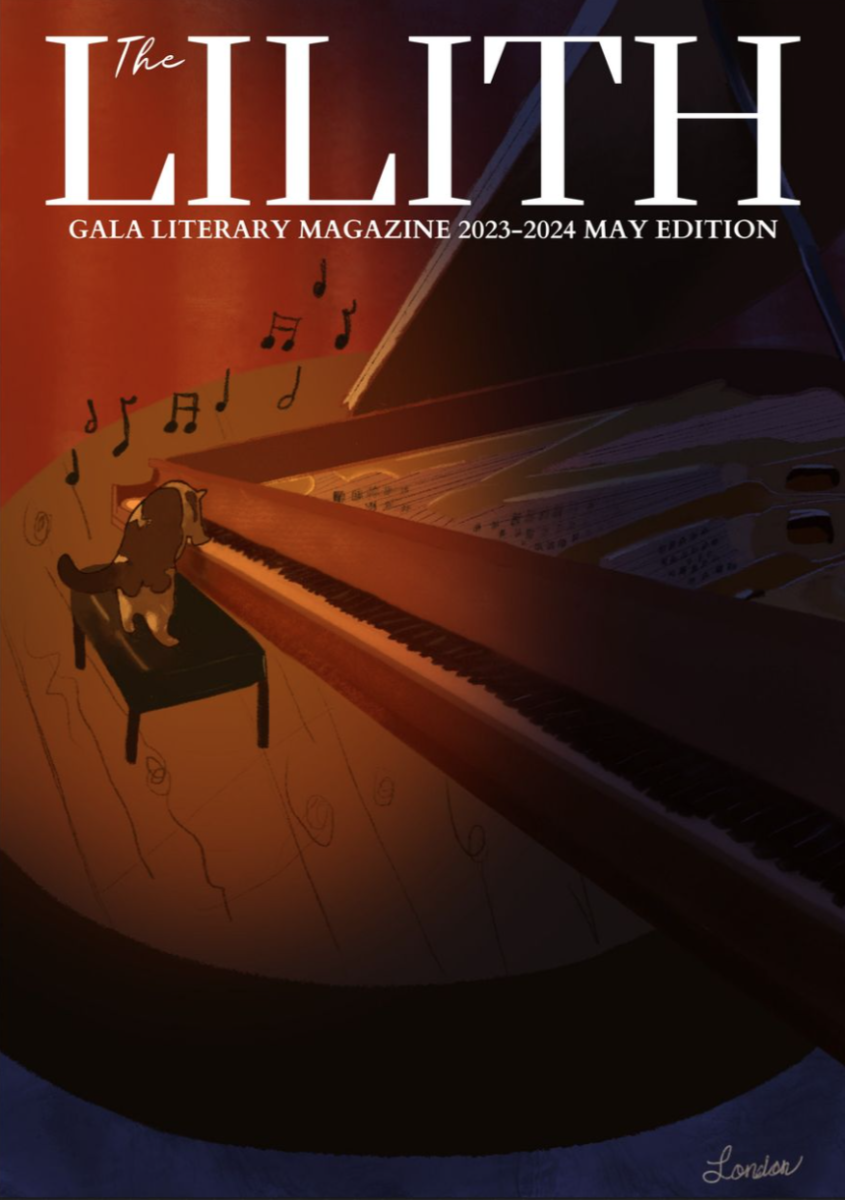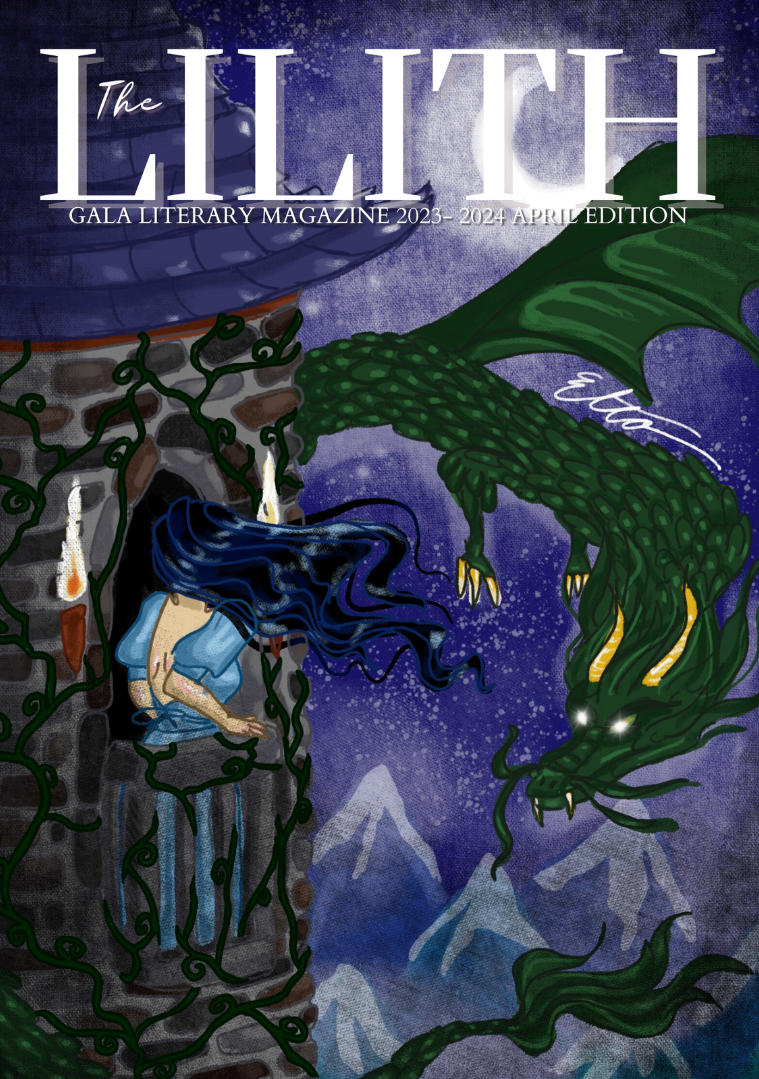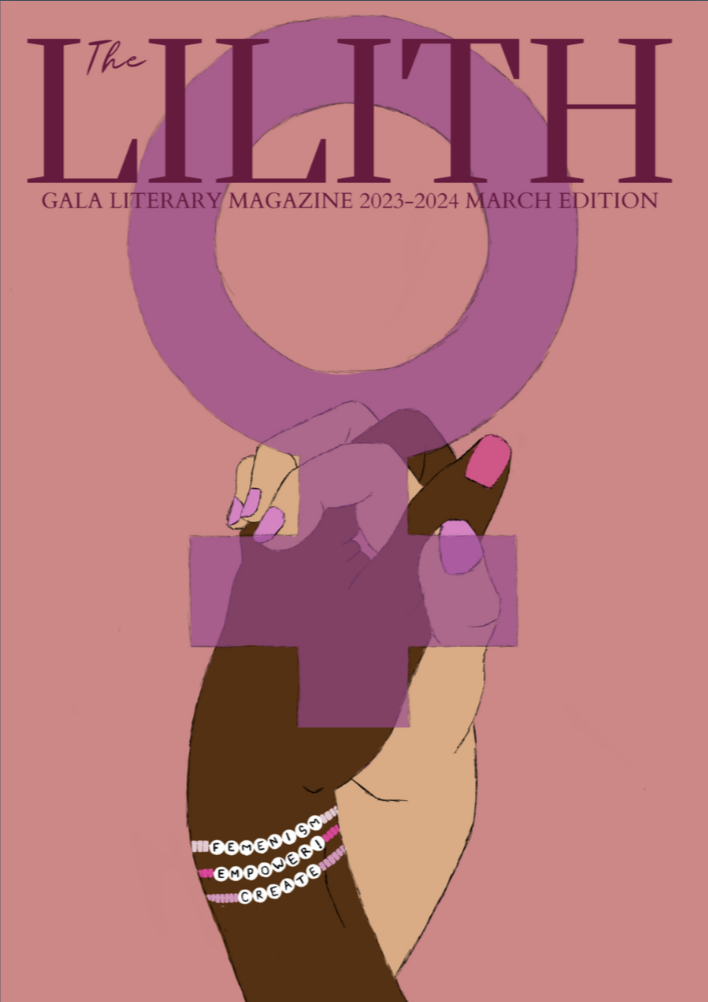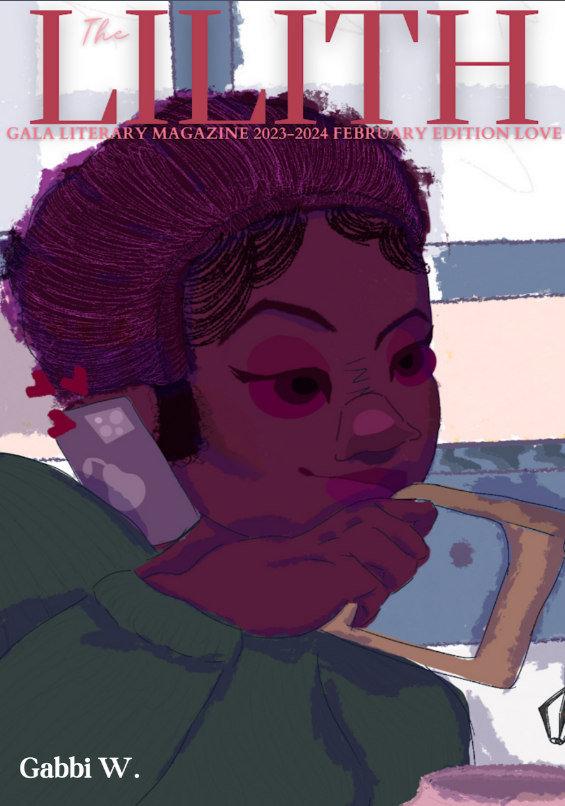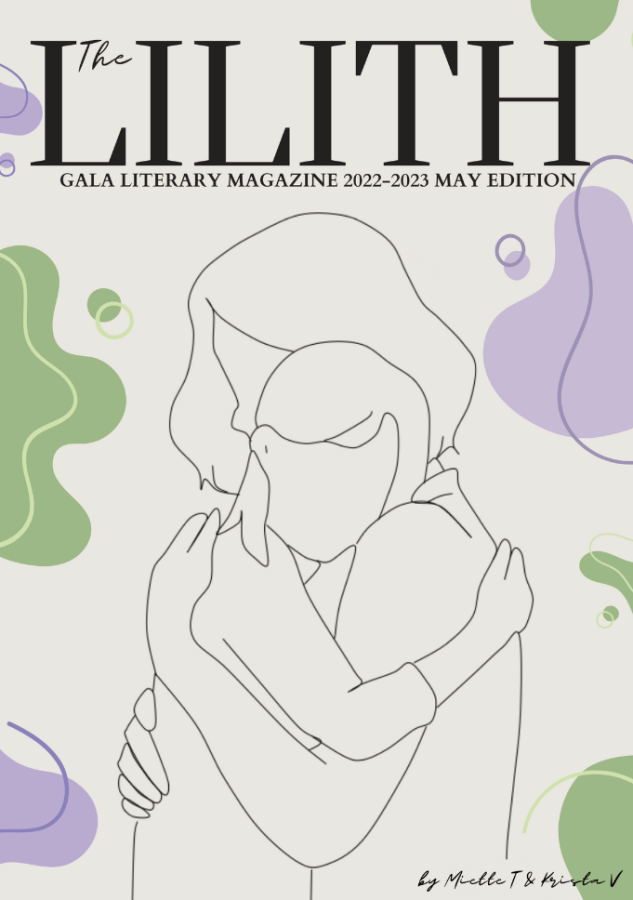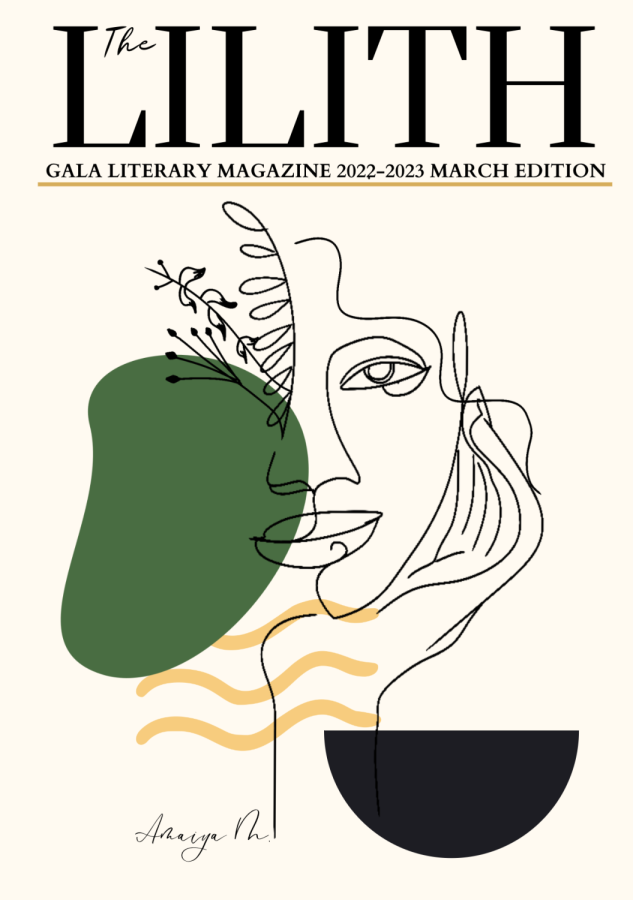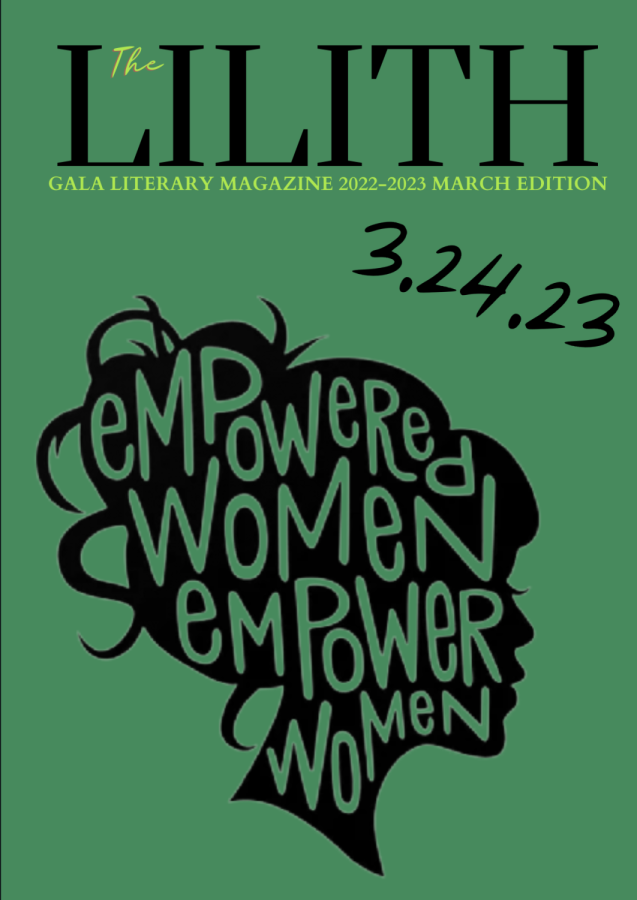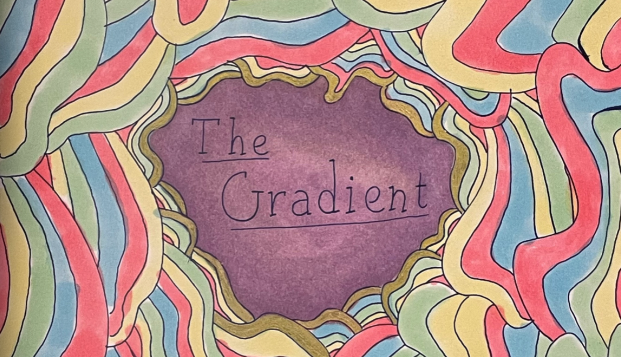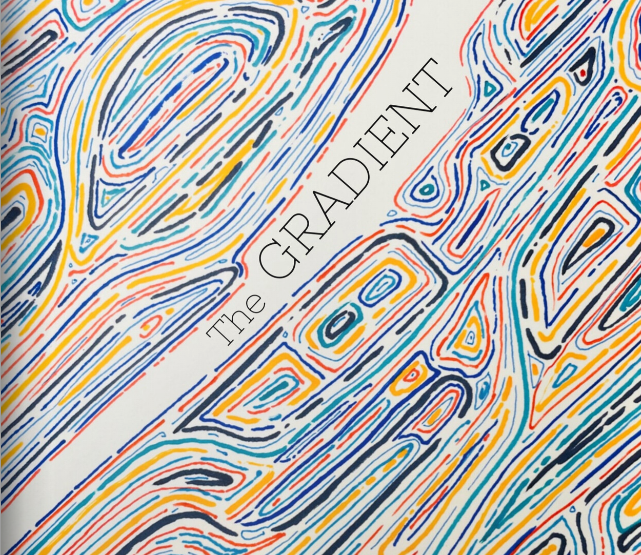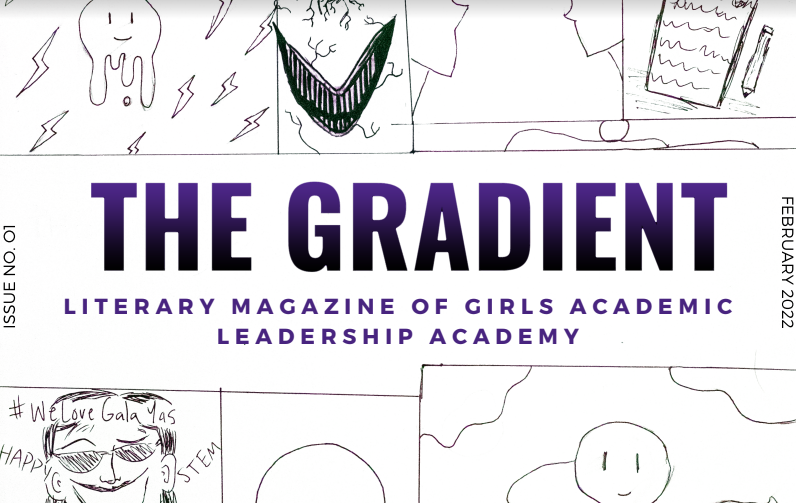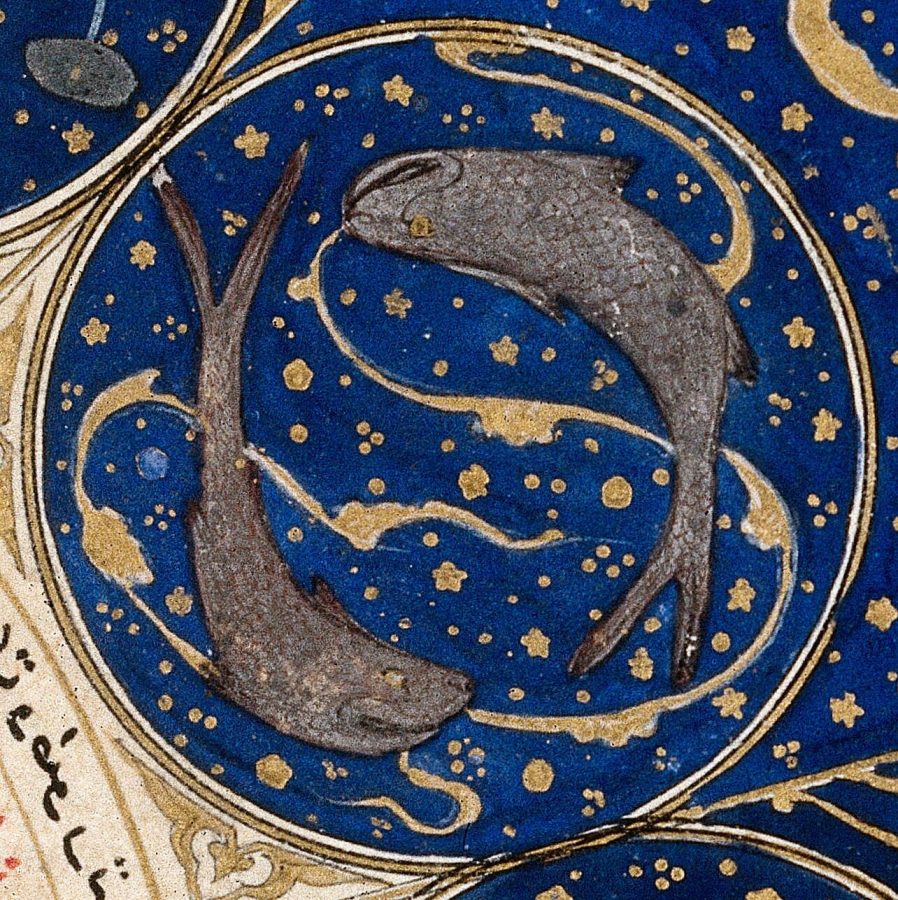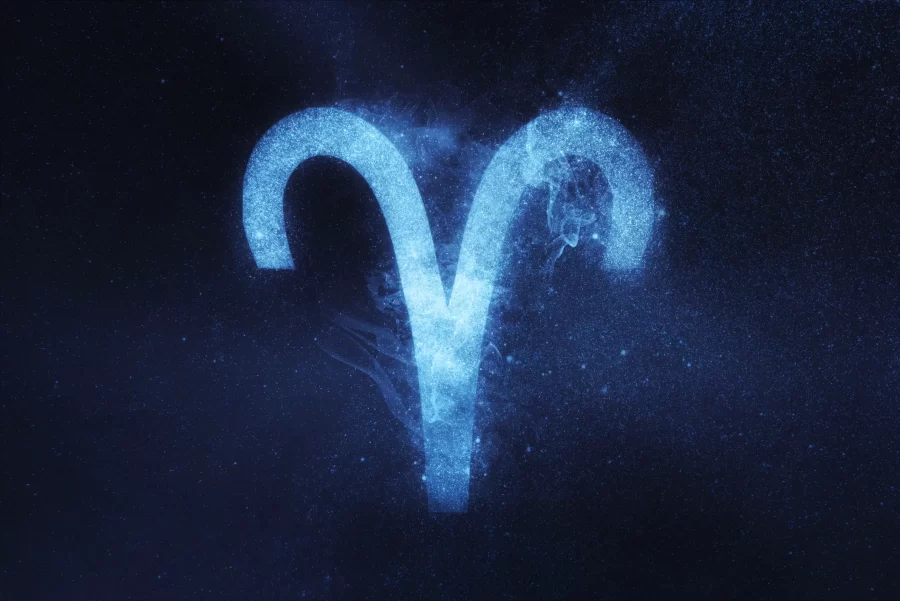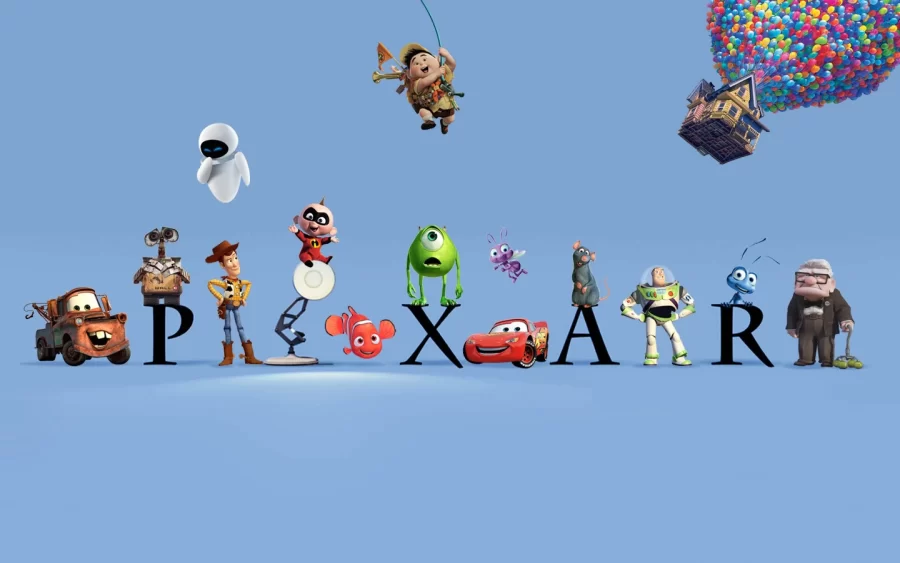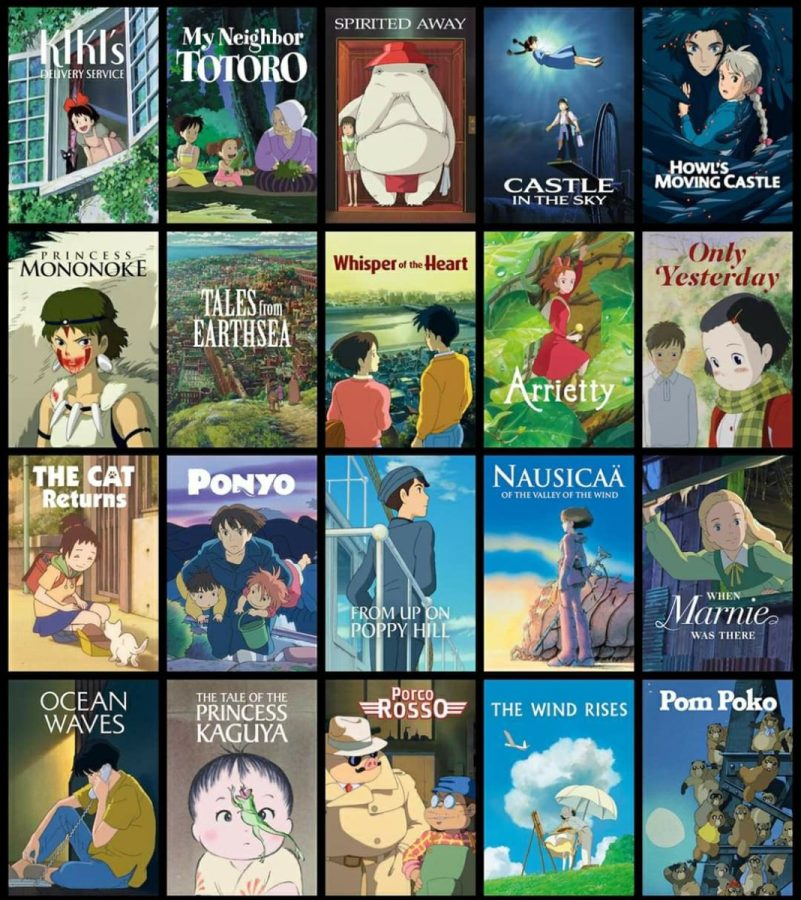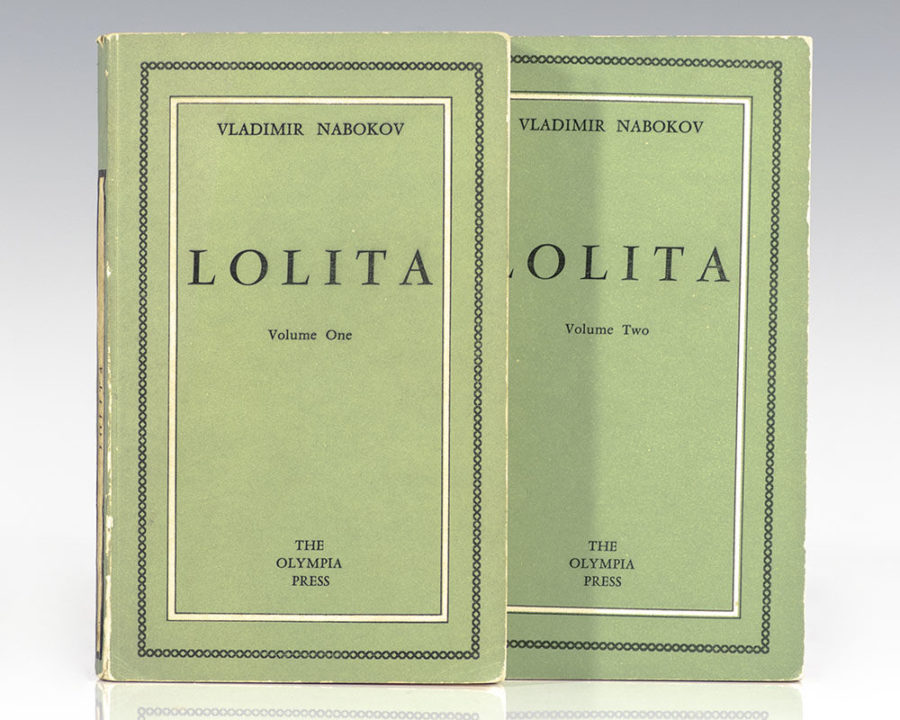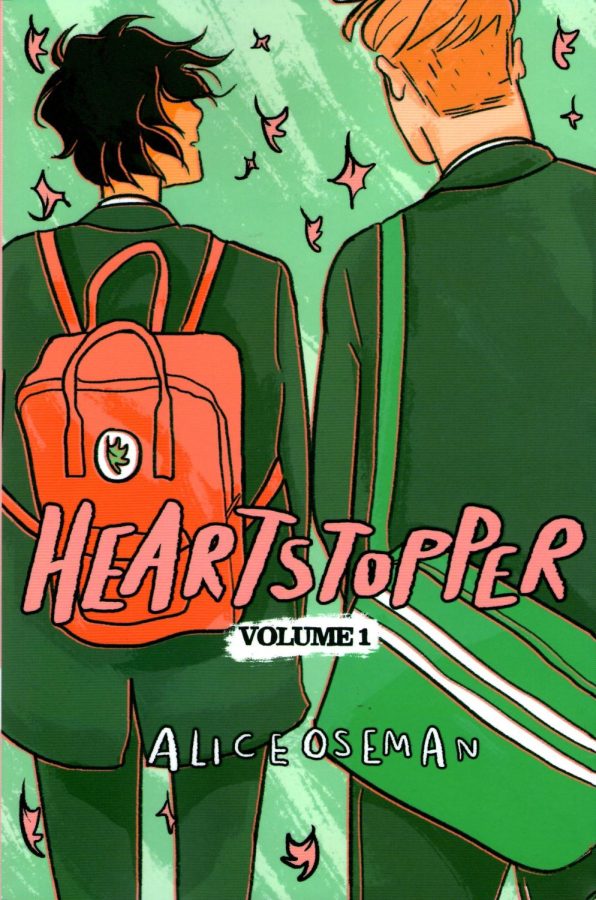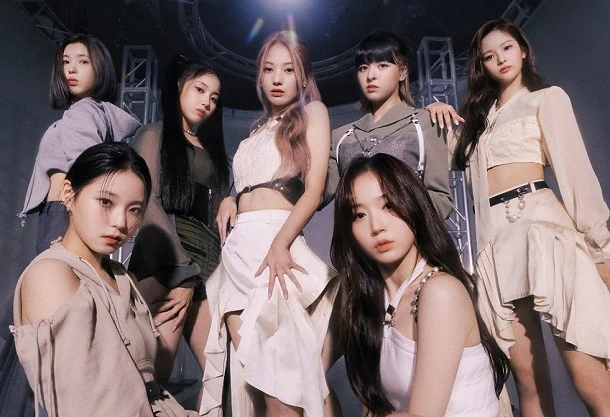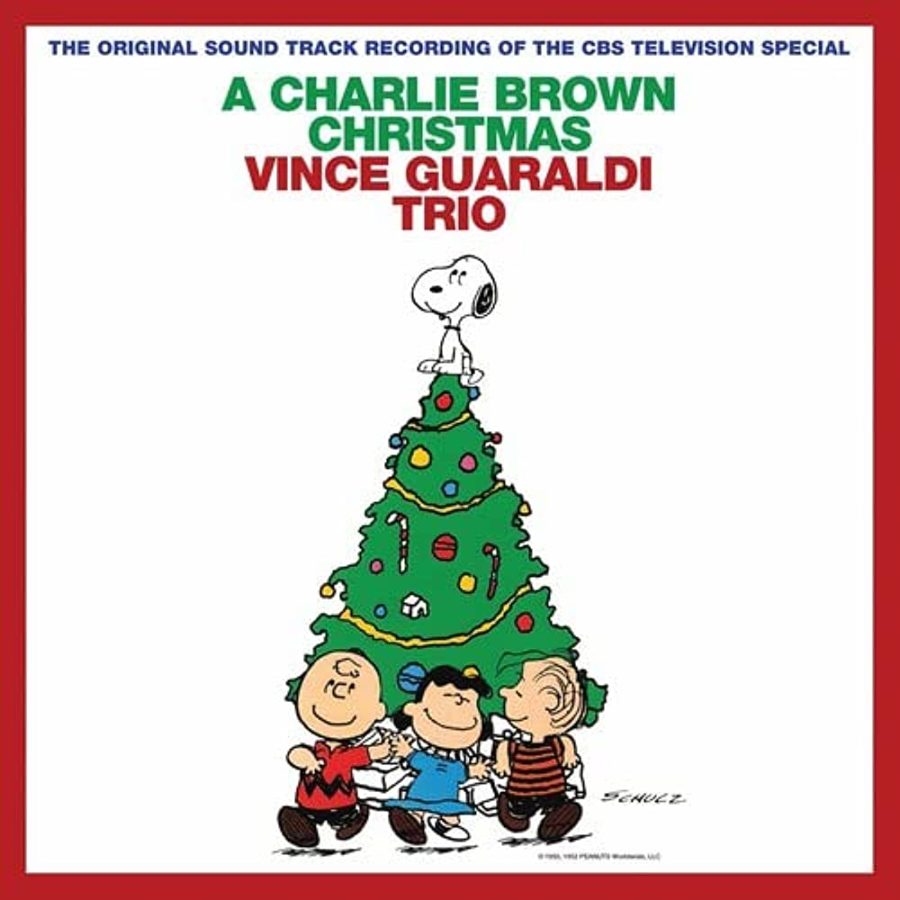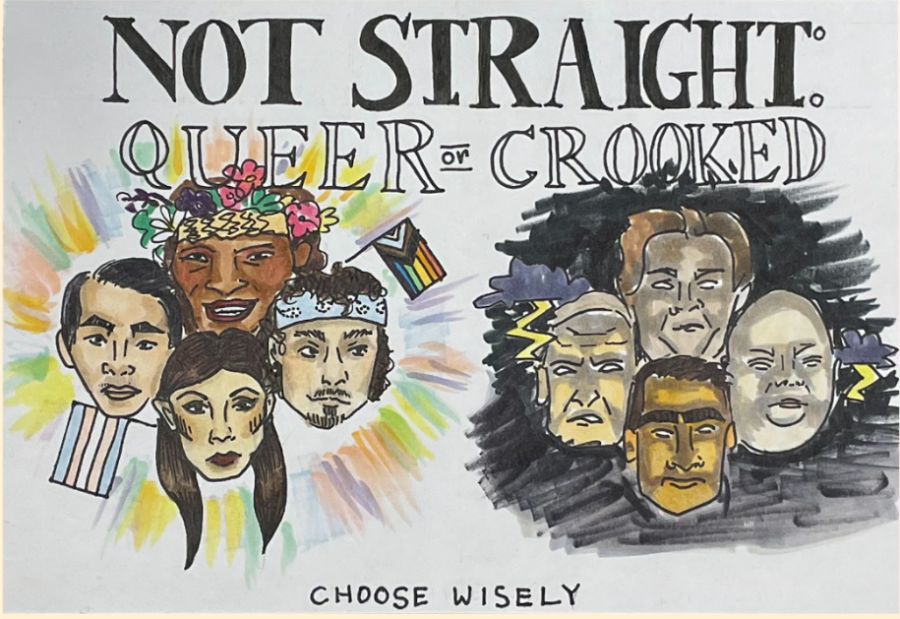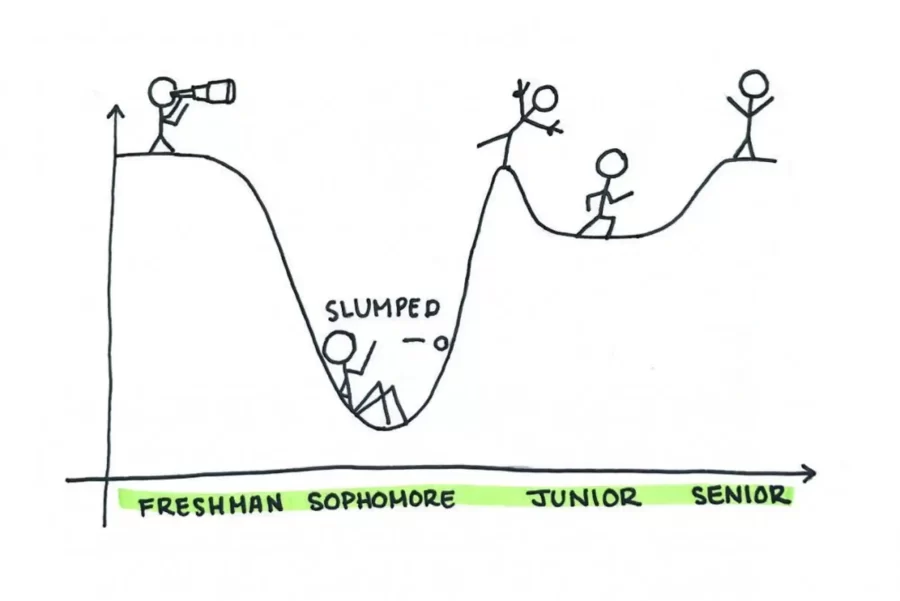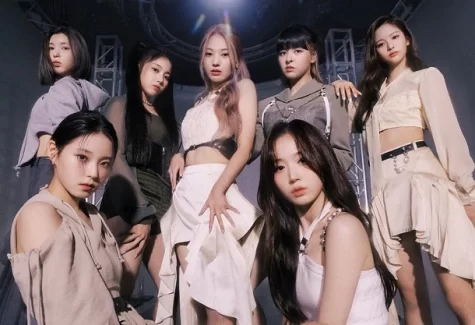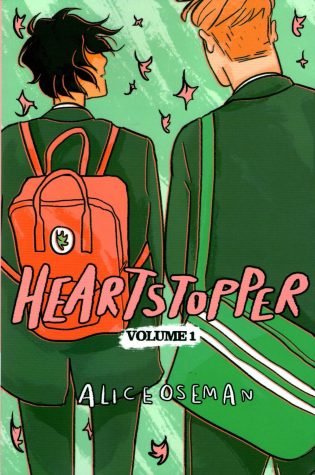Book Review: The Ever Controversial Lolita
Disclaimer: The following is an Opinion Piece from The Echo’s Editorial Section. An opinion piece is one in which a writer expresses a firmly developed opinion that is supported by study, reasoning, and circumstantial evidence. It’s a writer’s approach of expressing both what they believe and why they believe it. As a result, any opinions stated in by-lined editorials reflect the author’s views, not the administration or student body of GALA. Additionally, this review contains spoilers.
Lolita, written by Vladimir Nabokov, is set between 1947 and 1952, starting off in the South of France and other unspecified parts of Europe before shifting to the United States. It tells the story of Humbert Humbert, a deeply deranged man who writes in a very romantic and poised manner of his infatuation and one-sided “love story” with a teenage girl who he takes advantage of after her mother’s death. This book is not for the faint of heart.
I had mixed feelings throughout and after finishing this book. On one hand, I was relieved that it was a lot different from what I was expecting based on the way the media portrays it (probably more aligned with how the movie adaptation made the story out to be). Nevertheless, it gave me a new perspective on power dynamics, girlhood, and predators.
Humbert’s countless contradictions and despicable acts throughout the story are diluted and distracted by the way he frames things, making him the king of unreliable narrators. His fancy diction and romanticized view of the world compels readers to see him as different from the average pervert (which is what he is).
I then thought about how much I didn’t know about Lolita. Even he acknowledges this, “…I simply did not know a thing about my darling’s mind and that quite possibly, behind the awful juvenile cliches…regions which happened to be lucidly and absolutely forbidden to me…”(page 284). He made up a lot about her, not thinking about what she thought about, only about what he wanted. Humbert is a narcissist; the book is called Lolita yet you never really know what goes on inside her mind. The book is comprised almost exclusively of Humbert’s internal desires, fantasies about his “nymph,” and delusions about life in general. The version of Lolita that the reader gets to know is stitched from the pieces of her personality and attitude that were given by the unreliable eyes of Humbert. It’s sad.
Things escalate quickly, but Humbert’s calm narration prevents the reader from noticing how bad things are getting. Throughout the book, I kept thinking “How did we get from point A to point B?” From violent thoughts to murder. Grooming to rape. From Dolores, to Lolita, to Dolly.
This brings me to another of my interpretations: Dolores’ character development, much impacted by Humbert’s obsession and abuse of her, shows the innocent child Humbert groomed, the child he abused under the guise that she was the seducer, and finally, the survivor that matured to want to be someone not associated with her abuser. As a child, because of his manipulation and power over her, she does what he says — who else does she have? As she grows, she has to keep changing who she is due to her confusing relationship with Humbert — becoming “Lolita” the child “seductress” only in the eyes of Humbert, and then when she finally escapes and finds a life for herself, she has to become “Dolly” Schiller in order to separate herself from the life she had with Humbert.
Finally, I think it’s important to note that I took a while to finish this book since I simply did not have the time to read it in the weeks leading up to my exams. Because of this, I will definitely reread this book at some point so I can better understand its heavy themes and anything else I missed during my inconsistent first read.

Kana is a senior at GALA and is excited and honored to be The Echo's Editor-In-Chief this year. Her goal is to ensure that news in all sections of The...

